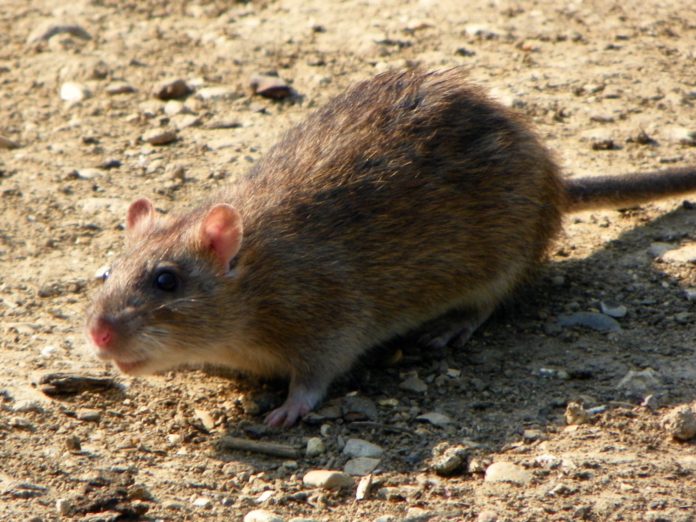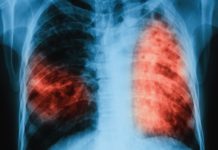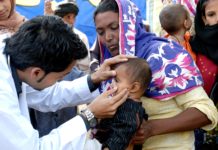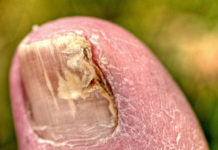
As several hundred cases – both confirmed and suspected – of leptospirosis are reported from Kerala following the floods, the bacterial infection has caused panic in the already ravaged state
Six people have died in Kerala in the aftermath of the devastating floods of leptospirosis. So far there have been 143 confirmed cases of the animal borne infectious disease that is usually common in people who spend a lot of time in water – swimmers, people who do rafting and kayaking. It is also common in farmers who spend a lot of time in water sowing crops, specially paddy and sugarcane farmers. In Kerala meanwhile there are also 283 more suspected cases and 20 suspected more deaths.
Leptospirosis is not one of the more common communicable diseases in India but the situation in Kerala has brought “rat fever” into sharp perspective.
Medibulletin brings an explainer:
What is leptospirosis?
Leptospirosis is a bacterial disease spread by rats. It spreads through body fluids of animals like rats and is very common in people who spend a lot of time in contaminated water. It can however spread through anything that has been contaminated with the urine of an animal – soil, food etc. According to the World Health Organisation: “The infection in man is contracted through skin abrasions and the mucosa of the nose, mouth and eyes. Exposure through water contaminated by urine from infected animals is the most common route of infection. Human-to-human transmission is rare.”
Which animals can spread leptospirosis?
The best known carriers of leptospirosis are rats – hence the name “rat fever”. But according to WHO the disease can also spread through the contaminated urine of cattle, buffaloes, horses, sheep, goat, pigs and dogs, making all of these animals common “reservoirs” of the disease.
What are the symptoms of leptospirosis?
Though leptospirosis can also be asymptomatic, the usual symptoms include fever, headache, chills, muscle aches, vomiting, jaundice, red eyes, stomach pain, diarrhea, and rarely, a rash. In severe cases it can affect organs like kidney and liver or there may also be meningitis – an infection of the three layered covering of the brain and spinal cord.
How is leptospirosis treated?
The bacterial infection is treated with antibiotics but it is important that the medication is started as early as possible to prevent organ damage. The usual public health advice is that in case of a suspected case of leptospirosis, doctors should not wait for test results or laboratory confirmation and start the antibiotic immediately.
How can leptospirosis be prevented?
There is no vaccine against the disease. That is why the Centers for Disease Control Atlanta list these precautionary steps:
- Avoid contact with water or soil that may be contaminated with animal urine.
- Don’t wade, swim in, or swallow floodwaters or water from lakes, rivers, or swamps.
- Treat water to make it safe to drink by boiling or using an appropriate chemical treatment, especially if it has been collected from a source that could be exposed to urine from animals or contaminated by floodwater runoff.
- Cover any cuts or abrasions and wear protective clothing, especially footwear, if you must wade in floodwaters or other water that might be contaminated.
- Talk to your health care provider about taking medicine to help prevent leptospirosis. Be sure to tell your health care provider about all your planned activities.
- WHO recommends that dead animals should not be touched














After the devastating floods, Kerala has a new problem to deal with. A bacterial disease, rat fever, is fast spreading in flood-ravaged areas. Read on to know more.
https://www.parentcircle.com/article/rat-fever-causes-symptoms-and-prevention/
Comments are closed.